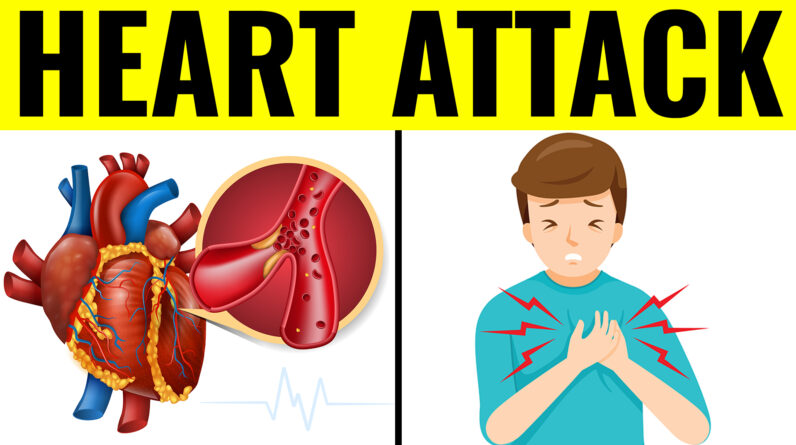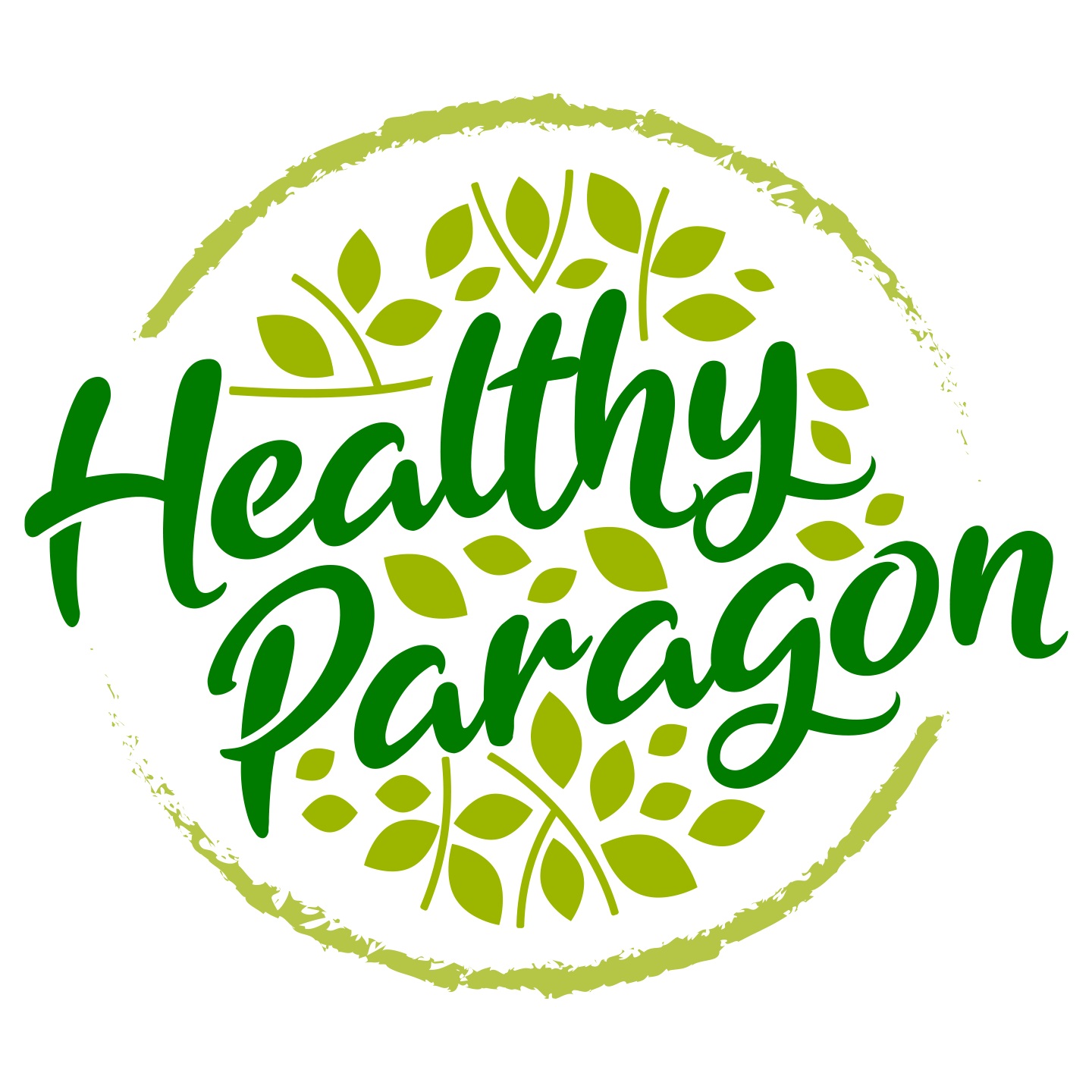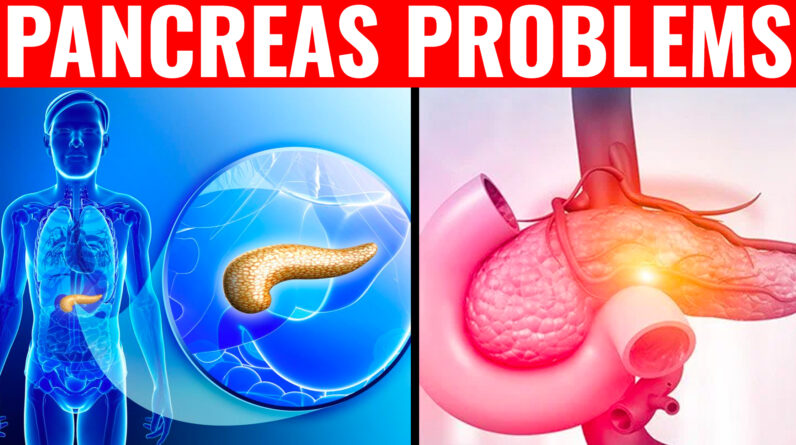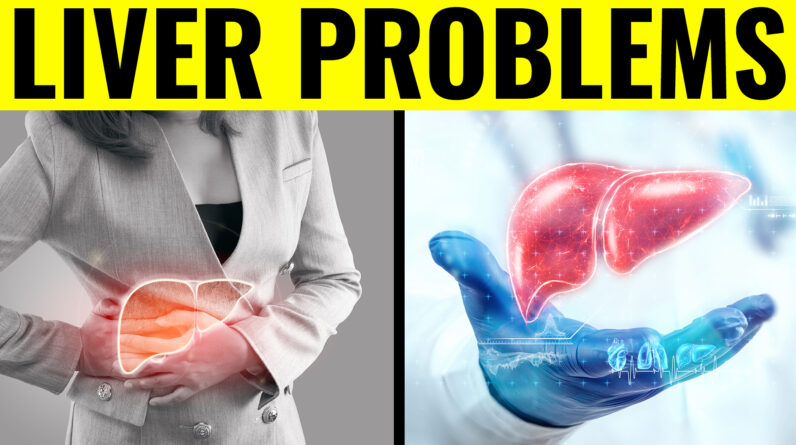
Whether or not you know the specifics of what the heart does, you definitely know that it is one of the most important organs in the body. An organ that we cannot do without. As a result, it is very important that we know the signs to look for in heart problems to be able to catch them early and do something about them.
Now, there are different kinds of heart problems that a human can get. They include coronary heart disease, congenital heart defects, arrhythmia which is basically irregular heartbeat, dilated cardiomyopathy, myocardial infarction, heart failure, heart infection and the likes.
And while some of them have specific signs, there are general signs that could be symptomatic of most, if not all, of them.
It must be said, though, that sometimes, heart problems can come up without any signs at all. For instance, hypertension is called the silent killer because a person’s blood pressure can be quite high without any signs till it gets so high that the heart just gives up.
Some other times, it is not that there are no signs of heart problems, it’s just that those signs happen in places other than the heart and chest.
So, it is important to report anything happening in your body that you don’t understand to your doctor. That said, here are some signs that could very likely be signaling a heart problem.
1. Discomfort or Pain in the Chest
This is probably the most common sign of a heart problem, and for good reason, after all the heart is located somewhere in the chest.
Anyway, there are different ways that people have described the feeling that they get in their chest from a heart problem or during a heart attack. Some have described it as a tightness, others have described it as an elephant sitting on them, while some others have described it as a burning or pinching sensation. The bottom line is that it is an uncomfortable and sometimes painful feeling.
Now, this feeling typically lasts longer than a few minutes and your chest would probably not be painful to the touch. If it is and the feeling is brief, chances are you’re not experiencing a heart problem. But you should still get it checked, though.
That said, it is possible to have a heart problem without experiencing any pain or discomfort in your chest. And this is especially true for women.
2. Irregular Heartbeat
If your heart is racing and there is no discernable reason why; that is, you are not currently engaged in a physically exerting activity and are neither nervous nor excited, it is possible that you have a heart problem.
This is especially true if the irregular heartbeat lasts for more than a few seconds. The problem could be something easily fixable like you are pumped full of caffeine and have to take a break from it or you are not getting enough sleep.
However, the problem could also be something that needs quick medical attention. So, speak with your doctor if your heart beats irregularly.
3. Nausea, Indigestion, Heartburn, or Stomach Pain
While all of these seem like, and actually are, problems with digestion, they could also be signs of a heart problem for some reason. And also for some reason, these signs are more common among women than men.
That said, because, as was mentioned earlier, these could just be signs that there is something wrong with your digestion, it is easy to dismiss them as such, even if they are signaling a heart problem.
So, if you are at risk of getting a heart problem (we’ll talk about the risk factors later) and are experiencing some of the other symptoms that have been and will be mentioned in this article, it is important that you speak with your doctor if you are experiencing any of these symptoms.
4. Pain that Spreads to the Arm
Another pretty common symptom of a heart problem, almost as common as the chest discomfort, is pain and discomfort in the arm, especially the left one. Typically, the pain spreads from the chest to the arm, but sometimes, the pain could be felt only in the arm.
5. Throat or Jaw Pain
Practically everybody has experienced throat and/or jaw pain at some point, most likely due to a cold or a sinus infection. So, throat or jaw pain are not always signs of a heart problem, especially if they are happening alone. However, if they are being accompanied by that discomfort in the chest or arm, it could be because of a heart problem.
6. Dizziness or Lightheadedness
This is another sign that typically needs to be accompanied by chest or arm discomfort. And that is because both dizziness and lightheadedness could be symptomatic of other things, including something as easily fixed as hunger or standing up too quickly.
7. Persistent Cough
Having a cough once in a while is not a big deal, it could just be that your throat is irritated. However, if you’ve been having a cough that has not responded to over-the-counter medication and you are at risk of having a heart problem, it is important that you bring it to the attention of your doctor.
This is especially important if the cough produces pink or white mucus. Make sure to check in with your doctor if this is the case with you.
8. Exhaustion
If you find that you now get easily exhausted doing activities that you had no problems doing before, like climbing the stairs, there could be a problem with your heart. It is easy to excuse this change with being unfit, and that could really be it. But it is something that you should have checked out, especially if you are at risk of getting a heart problem.
9. Pain, Numbness, Weakness, Swelling, or Coldness in the Legs or Arms
And finally, general discomfort in the limbs, whether it be pain, numbness, weakness, swelling, or coldness, is a significant symptom of heart problems. The discomfort is usually a result of the heart’s difficulty with pumping blood fast enough, so it is a condition that needs to be attended to as quickly as possible.
So, as was mentioned earlier, all of these signs could be symptomatic of a number of different heart problems. However, sometimes, a heart problem can come on without any noticeable signs, and the only way to be careful is by taking preemptive measures, especially if you are at risk of developing a heart problem.
So, if you have any of the following risk factors, make sure to speak with your doctor to discuss your chances of developing a heart problem and what you can do about it:
- High blood pressure
- Smoking
- High alcohol consumption
- Age
- High stress and anxiety levels
- High cholesterol
- Overweight and obesity
- Low activity levels
- Sleep apnea
- Dietary choices
- Diabetes
- And a family history of heart diseases
Now, if you do have a heart disease, there are a number of treatment options that your doctor can expose you to, and none of them is something that you should be trying without medical intervention. Anyway, some of these treatment options include:
- Lifestyle changes
- Medications, including beta-blockers for reducing heart rate and lowering blood pressure, calcium channel blockers for lowering blood pressure, blood thinners to prevent clots, cholesterol-lowering medications, and diuretics for reducing the heart’s workload, lowering blood pressure, and removing excess water from the body.
- And surgery.
A heart problem doesn’t have to be a death sentence. Like with basically any other health condition, early detection is very important for taking care of the issue. A lot of people bounce back from a heart problem healthier, and a lot others manage their conditions to live a healthy life. But it all starts with speaking with the right medical professional as soon as possible.
Finally, even if you are experiencing none of the symptoms mentioned in this article and you do not have any of the risk factors, a heart problem could still happen. So, it is important that you take some measures to reduce your chances. Some of these measures include:
- Eating a balanced diet that is rich in fiber, fruits, and vegetables as that is heart friendly. You should also reduce the amount of sugar, salt, and fat that you consume.
- Exercising regularly or, at the very least, increasing physical activity.
- Avoiding or quitting smoking for the sake of both your lungs and your heart.
- Reducing alcohol consumption.
- Maintaining a moderate body weight.
- And managing underlying conditions like high blood pressure and diabetes.
Not only is doing all these great for the heart, they will also help you to achieve overall wellness. So, consider making these changes.







